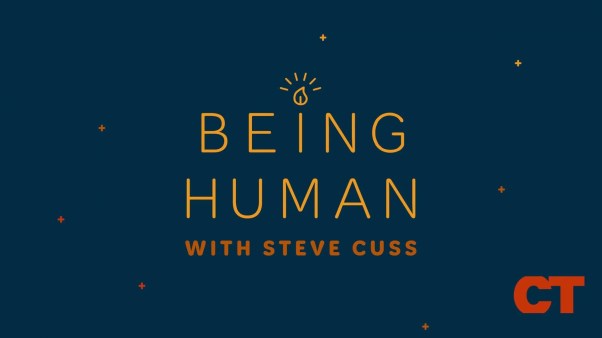Every few months, it seems, a new article pops up claiming that Jesus was racist.
The claim is based on the story of Jesus healing the daughter of a Syrophoenician woman (Matt. 15:21–28; Mark 7:24–30). When the woman asks Jesus to heal her demon-possessed daughter, he says, “It is not right to take the children’s bread and toss it to the dogs.” The woman responds, “Even the dogs eat the crumbs that fall from their master’s table,” at which point Jesus commends her faith and heals her daughter instantly. Until now, the argument goes, Jesus has been racist, dismissing foreign people as “dogs.” Supposedly, this encounter shows him the error of his ways.
We could respond at several levels. Theologically, we know Jesus was without sin (Heb. 4:15). Exegetically, the Syrophoenician encounter resembles many other healing stories in the Gospels that take the same broad shape: a request for healing, followed by a dialogue where Jesus raises the stakes (“Do you believe that I am able to do this?” “Who touched me?” “Is it lawful to heal on the Sabbath?”), with the miracle completing the sequence.
Canonically, we should note the Gentiles Christ has healed already (Matt. 8:5–13, 28–34), not to mention his conversation with a Samaritan woman, which scandalized his disciples (John 4:1–42). And historically, talking about “race” in this period is anachronistic in the first place. It’s also implausible that Matthew, who opens with Gentile Magi worshiping the newborn King and finishes with a commission to go and make disciples of all nations, would include a story meant to portray Jesus as motivated by ethnic prejudice.
These are powerful arguments against deeming Jesus a racist. But ultimately, the best reason to resist this verdict is contextual. When we consider the Syrophoenician encounter within Matthew (and Mark) as a whole, we realize that Jesus’ provocative dialogue is making a crucial point about the breadth of his mission.
Much of Matthew 13–16 is about bread. There are parables about seeds, wheat, yeast, and flour (13:1–43), followed by Jesus providing bread for 5,000 people (14:13–21) and a debate about washing hands and eating meals (15:1–20). Then comes the Syrophoenician healing story, with its images of “bread” and “crumbs.” From there we have another story of Jesus providing bread, this time for 4,000 (15:32–39), and another debate about bread and the “leaven” of the Pharisees and Sadducees (16:5–12, ESV).
Together, these passages use food to explore the boundaries of God’s people. Are the Gentiles defiled by failing to observe Jewish food laws? And are they welcome to eat the “crumbs” that fall from the Jewish table? The answers to both questions reveal the widening scope of God’s welcome. What makes people clean is not the food that goes in but the behavior that comes out (15:11). And Gentiles who approach Christ in faith receive what they desire (15:28).
The two miraculous bread stories illustrate God’s plans for a multiethnic kingdom. The 5,000 at the first meal were Israelites; there were 12 basketfuls left over, one for each tribe. By contrast, the feeding of the 4,000—occurring immediately after Jesus heals the Syrophoenician woman’s daughter—takes place in the Decapolis, which is Gentile territory (Mark 7:31). Even though Israel eats first, the Gentiles are fed too. The “children” are provided for, but the “dogs” receive bread as well. This fits the message of Matthew as a whole: Christ’s mission is first to the Jews (Matt. 10:5–6) and then to the Gentiles (28:19).
One other layer to this story is worth mentioning. Jesus is the second example in Scripture of a prophet running from the official king and queen of Israel, encountering a desperate Gentile woman, having a conversation about food, and healing her child. In Elijah’s case (1 Kings 17:7–24), the woman provides food for the prophet. But the Bread of Life is different. He provides the food himself—not just for one person (or people group), but for the starving thousands, and indeed the world.
Andrew Wilson is teaching pastor at King’s Church London and the author of God of All Things. Follow him on Twitter @AJWTheology.









